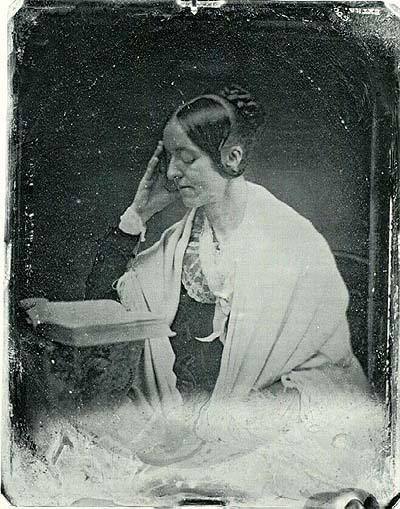Letter IV to James Nathan (March 1845).
The Love Letters Of Margaret Fuller (1903)
Margaret Fuller: Frases en inglés
Letter (17 November 1847).
Memoirs of Margaret Fuller Ossoli (1852)
Life Without and Life Within (1859), The Captured Wild Horse
As quoted in Margaret Fuller Ossoli (1898) by Thomas Wentworth Higginson, p. 289-91.
Life Without and Life Within (1859), The One In All
"American Facts" in Life Without and Life Within (1860) edited by Arthur Buckminster Fuller, p. 108.
“The use of criticism, in periodical writing, is to sift, not to stamp a work.”
"A Short Essay on Critics" in Papers on Literature and Art (1846), p. 5.
Article, The New York Daily Tribune (30 September 1845); quoted in Brilliant Bylines (1986) by Barbara Belford.
“For precocity some great price is always demanded sooner or later in life.”
As quoted in Margaret Fuller Ossoli (1898) by Thomas Wentworth Higginson, p. 289.
As quoted by Joseph Jay Deiss in "Humanity, said Edgar Allan Poe, is divided into Men, Women, and Margaret Fuller" in American Heritage magazine, Vol. 23, Issue 5 (August 1972) http://www.americanheritage.com/articles/magazine/ah/1972/5/1972_5_42.shtml.
“How many persons must there be who cannot worship alone since they are content with so little.”
Letter to Rev. W. H. Channing (31 December 1843) quoted in Margaret Fuller Ossoli (1898) by Thomas Wentworth Higginson, p. 184.
"A Short Essay on Critics" in Art, Literature and the Drama (1858).
Life Without and Life Within (1859), The One In All
"The Modern Drama" in Art, Literature and the Drama (1858).
"Life of Sir James Mackintosh" in Papers on Literature and Art (1846), p. 50.
“There exists in the minds of men a tone of feeling toward women as toward slaves.”
Woman in the Nineteenth Century (1845)
Life Without and Life Within (1859), The One In All
Part II, Things and Thoughts of Europe, p. 198.
At Home And Abroad (1856)
Life Without and Life Within (1859), The One In All
As quoted in The Varieties of Religious Experience (1902) http://etext.virginia.edu/toc/modeng/public/JamVari.html by William James
Gad! She'd better. - response of Thomas Carlyle
